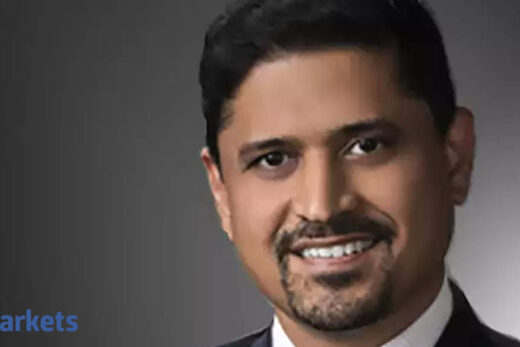President Joe Biden’s likely proposal to nearly double the tax on capital gains lopped a quick 30 points of the S&P 500. Wall Street traders, predictably focused on the policy’s implications for investing, said it was too soon to panic, but that a higher levy on stock profits could foment near-term selling.
The benchmark index for U.S. equities slid from about 4,180 to 4,150 in the minutes after Bloomberg reported Biden will propose almost doubling the capital gains tax rate to 39.6% for those earning $1 million or more, an increase from the current base rate of 20%.
Here’s how Wall Street investment advisers reacted:
 Bloomberg
BloombergThe first impact would be people deciding they are either going to take their gains now to try to get ahead of it. You could see people pull forward their gains to this year. It would potentially reduce the flow of capital because people would be less willing to take gains and move onto something else. People would be less willing to trade if they had to pay a tax that high
Chris Zaccarelli, chief investment officer for Independent Advisor Alliance
It will incentivize selling this year before it does anything else. In the years to come it will probably discourage selling, to some extent, but may also discourage buying as well as people look at other things to do with their money. The higher the taxes, the less people are likely to participate in activities that cost them tax.
Dan Suzuki, Richard Bernstein Advisors LLC’s deputy chief investment officer
It’s more aggressive than what people were expecting. I would personally fade the reaction though. Seems very unlikely that it will pass in its current state, so it would be heavily diluted.
Sameer Samana, Wells Fargo Investment Institute’s senior global market strategist
If this is the start of less market-friendly policies, it could make the gains from here a lot choppier. We worry less about an increase in corporate tax rates and more about capital gains taxes/changes in stepped up basis. Those latter two have a much more chilling and direct effect on how people invest.



